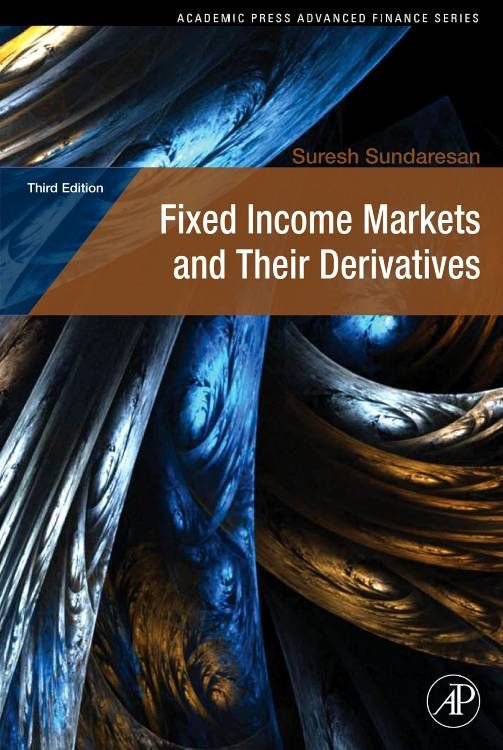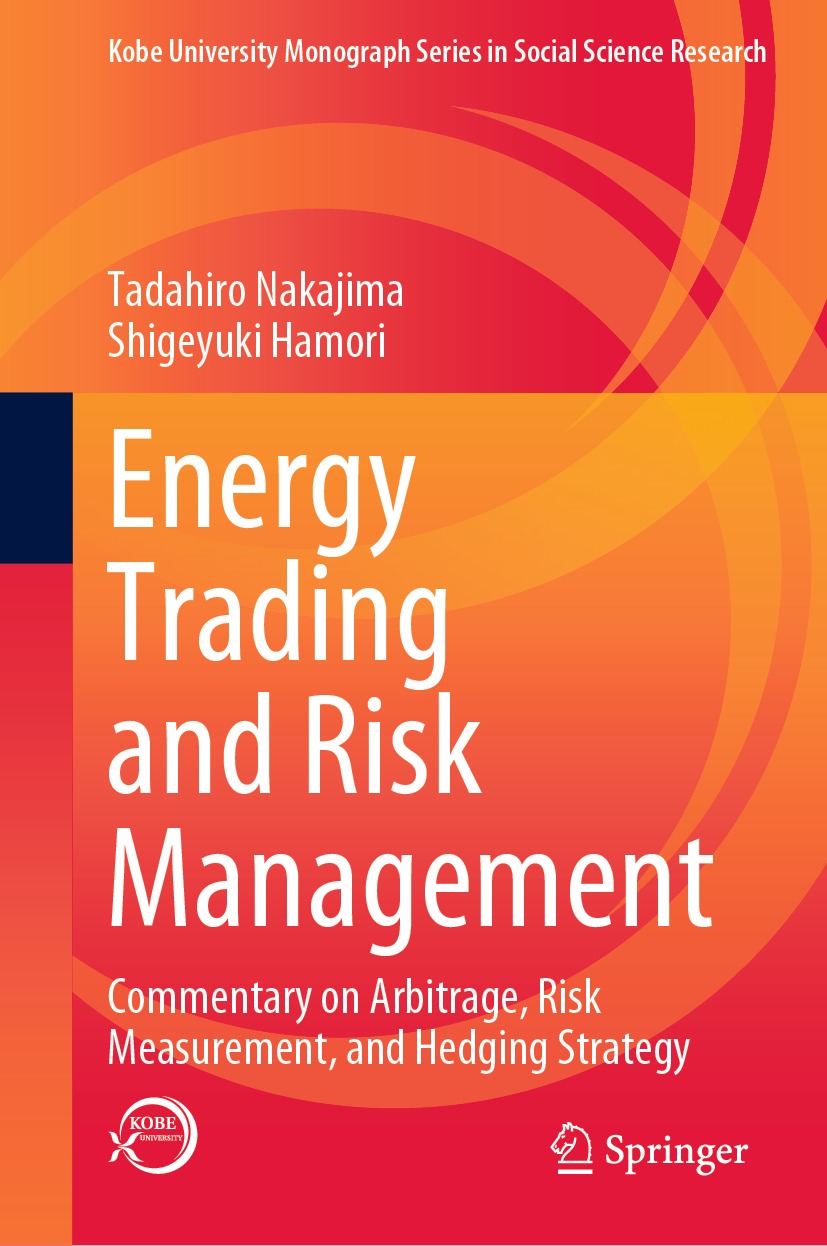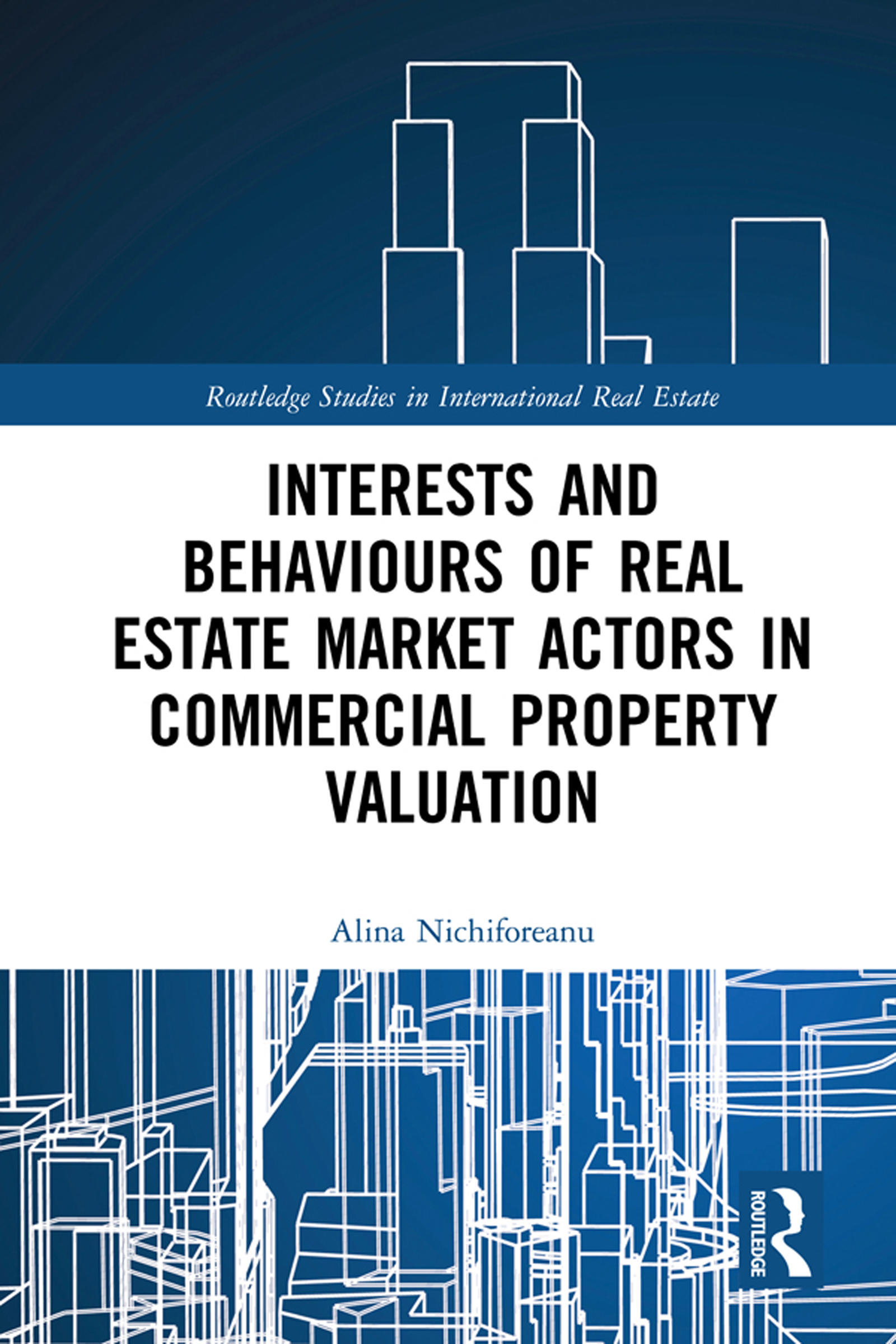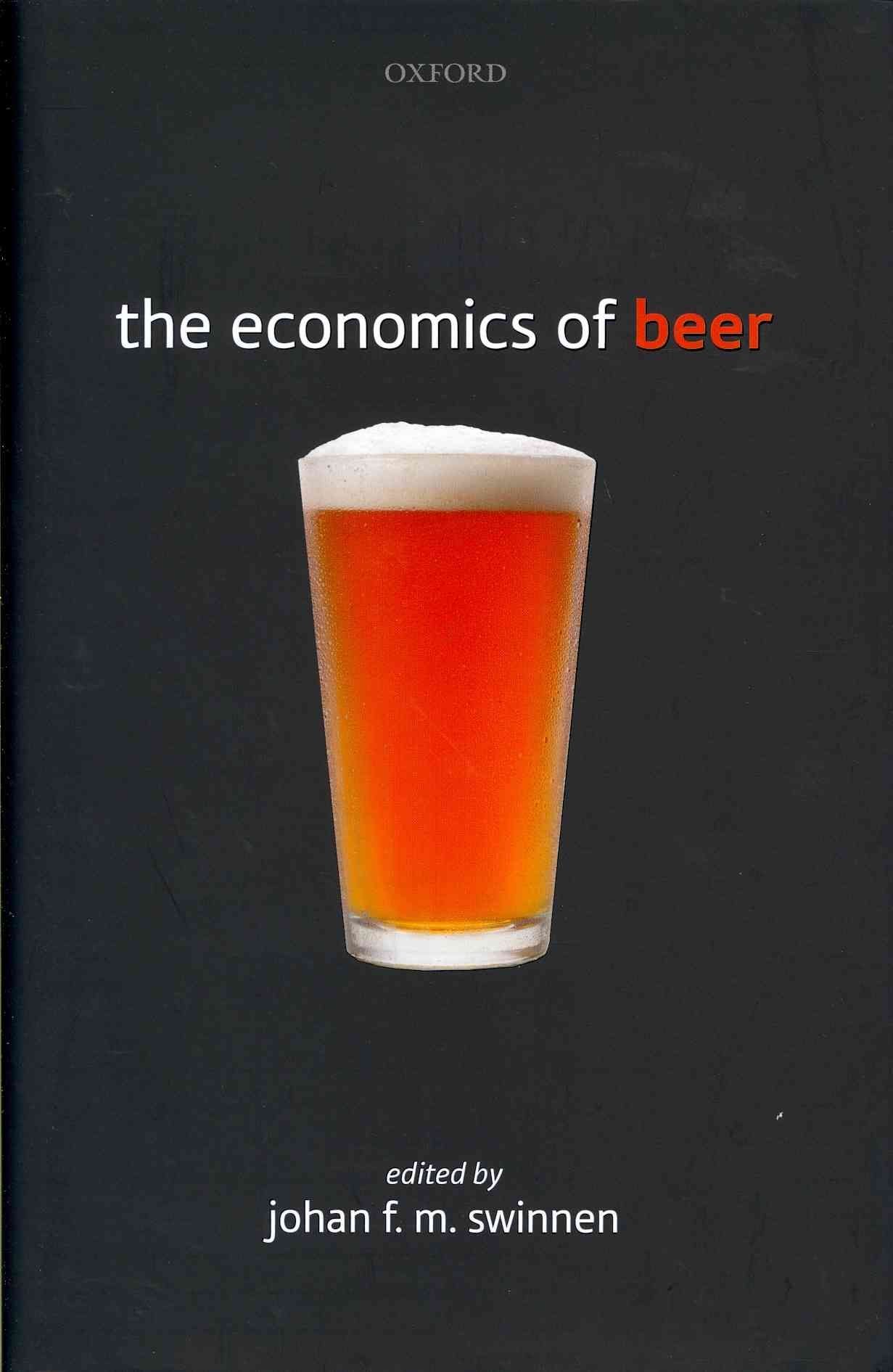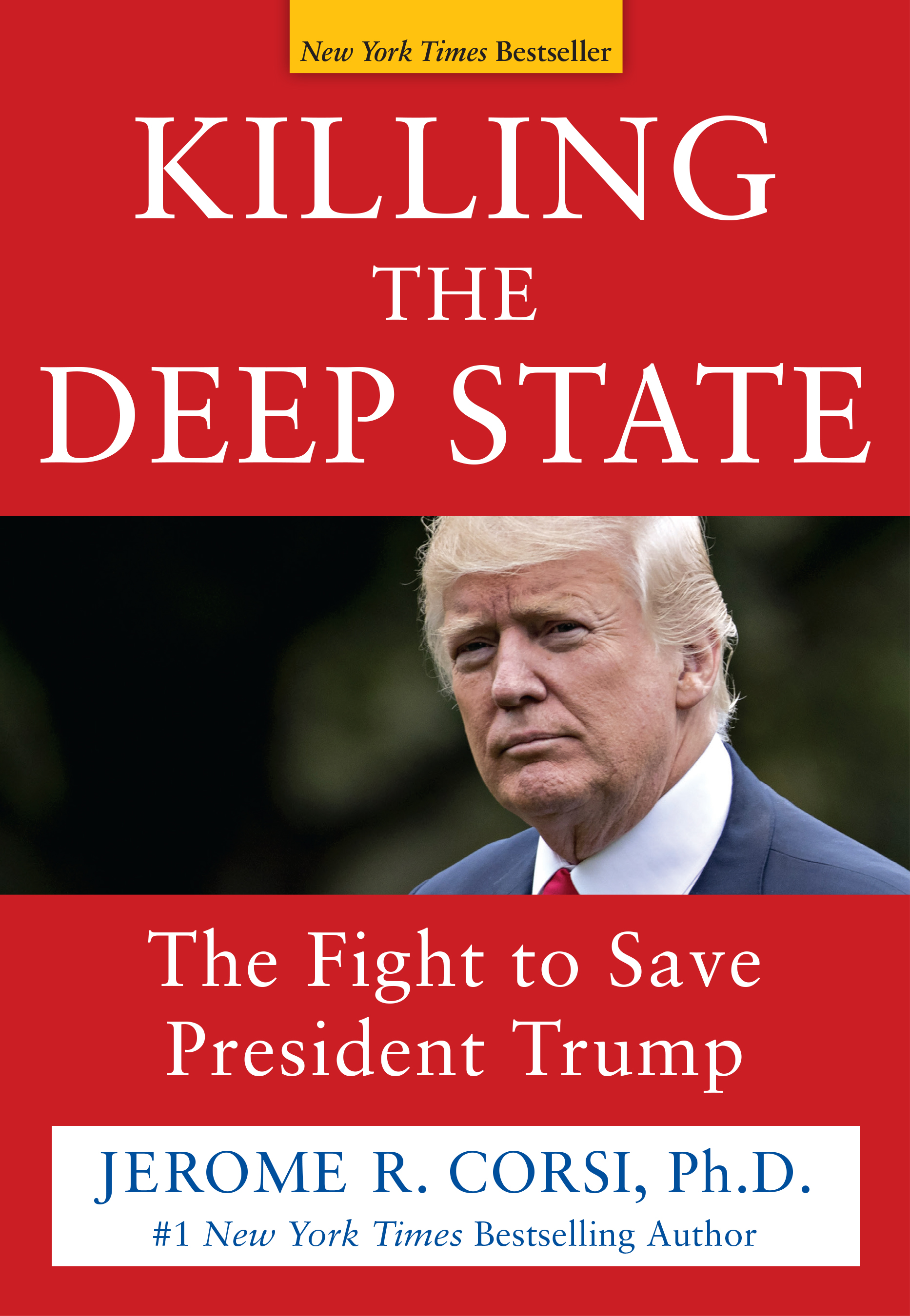Asset Price Response to New Information examines the effect of two types of psychological biases (namely, conservatism bias and representativeness heuristic) on the asset price reaction to new information. The author constructs various models of a competitive securities market or a security market allowing for strategic interaction among traders to prove rigorously that either conservatism or representativeness is capable of generating both asset price overreaction and underreaction to new information. The results shed some new insights on the phenomena of the asset price overreaction and underreaction to new information. In the literature, very little has been published in this area of behavioral finance. This volume will appeal to graduate-level students and researchers in finance, behavioral finance, and financial engineering.

